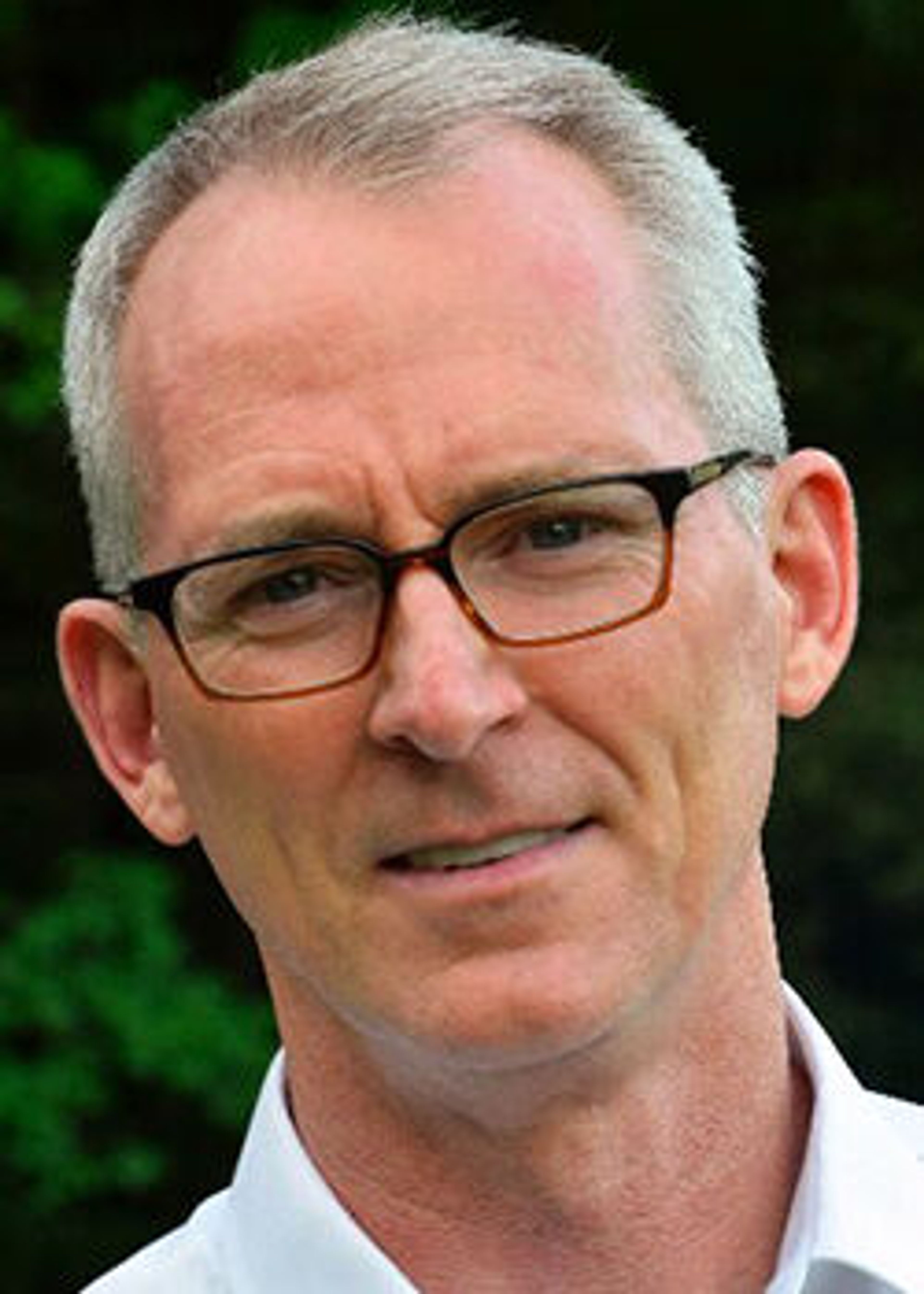Inglis: A man on a mission
Former lawmaker is trying to convince fellow Republicans that American exceptionalism, the free market can be harnessed to fight climate change
Bob Inglis doesn’t particularly enjoy preaching to the choir.
He’s more of an evangelist, a proselytizer. Rather than engage with people who already accept the moral imperative of dealing with climate change, he’d rather talk carbon credits with the skeptics.
Folks like conservative Republicans, who think pretty much any government solution to a problem is, by definition, more expensive and less efficient than what the free market would come up with itself.
Those are Inglis’ peeps. He was one of them once, a climate skeptic, and he still wholeheartedly shares their faith in the free market, limited government and American exceptionalism.
Those are the folks Inglis wants to convert. He not only wants them to climb aboard the climate action bandwagon, he wants them to lead the charge.
Inglis grew up in South Carolina and worked as a commercial real estate lawyer before serving three terms in Congress. After losing a bid for the U.S. Senate, he was subsequently reelected to the House for three more terms, from 2004-2010.
He lost his 2010 Republican primary contest in part because he’d sponsored a carbon tax bill that would have returned the money to taxpayers in the form of a payroll tax cut.
The proposal didn’t sit well with his deeply conservative constituents.
“I got 29% of the primary vote,” Inglis said during a meeting in Moscow this week. “In politics, that’s a pretty spectacular face-plant.”
After his fall from grace, Inglis started what’s now known as republicEn.org. The nonprofit tries to build support for free-market solutions to climate change, such as import tariffs that put regulated American manufacturers on an equal footing with unregulated foreign competitors, or taxing emissions instead of income.
When he first started talking about these issues, he said, many conservative Republicans were still in the climate denial stage, refusing to believe that rising global temperatures were something the nation had to address.
Now, with massive wildfires and extreme heat events becoming commonplace worldwide, the resistance is less about whether to act than how to act.
Getting to that stage is helpful, Inglis said, but there are still plenty of people in the “don’t tread on me, leave me independent and free” crowd who don’t want any government regulation or involvement.
“And I’m with those folks. I agree with them,” he said. “But in your freedom, you have to understand that you’re dependent on others even if you don’t realize it. That hurts some people, to think they aren’t autonomous. That’s a real affront, because they see themselves as independent.”
The journey that turned Inglis from climate skeptic to climate evangelist began in 2004, when his then-18-year-old son told him he needed to “clean up his act” on climate change.
“We had him when I was 25, so I grew up with him,” Inglis said. “His opinion really matters to me.”
That was coupled with trips to Greenland, Antarctica and Australia, where he saw evidence of the devastating effects of climate change.
Inglis now likens climate change to the “Sputnik moment” that occurred in 1957, when the Soviet Union demonstrated its technological superiority by launching the world’s first artificial satellite.
The event galvanized Congress and the American people and eventually led to President John F. Kennedy’s “to the moon” speech in 1962, when he committed the nation to landing men on the moon by the end of the decade.
“When I get discouraged in this business, what I do is go watch JFK’s speech (on YouTube),” Inglis said. “It’s the most amazing 17 minutes of American exceptionalism that I know about.”
If Congress treats climate change as another Sputnik moment, he said, America will respond with the same kind of ingenuity, courage and leadership that Kennedy’s vision unleashed.
“I realize some of that is really optimistic about the ability to communicate with people,” Inglis said. “That is one of the downfalls of our approach: It assumes there’s a well-informed populace who can hear the full presentation. That’s our challenge, how to communicate this. It’s hard to reduce to a bumper sticker.”
But when leaders are optimistic, he said, “they’re saying they believe in the people they represent.”
Bob Inglis believes in the American people. His mission is to get them to believe in themselves.
Spence may be contacted at bspence@lmtribune.com or (208) 791-9168.









